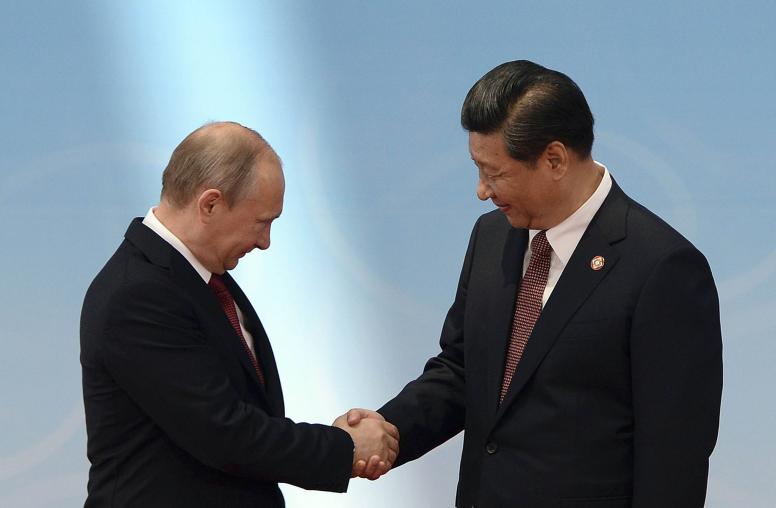Carla Freeman, Ph.D.
Contact
Please submit all media inquiries to interviews@usip.org or call 202.429.3869.
For all other inquiries, please call 202.457.1700
Carla P. Freeman is a senior expert for the China program at USIP. She specializes in China's foreign policy, China and nontraditional security issues, and U.S.-China relations.
For more than a decade, she was a member of the China studies faculty at the Johns Hopkins School of Advanced International Studies (SAIS), where she directed the School’s Foreign Policy Institute. In 2020, she held the appointment of Library of Congress Chair in U.S.-China relations at the Library's Kluge Center. While at SAIS, she also served as American director of the Hopkins-Nanjing Center in Nanjing, China and held various research fellowships, including at Harvard’s Fairbank Center.
Before joining SAIS, she worked on international civil society and sustainable development for The Johnson Foundation and as a political risk consultant focused on Northeast and Southeast Asia. Her career on China began with a summer job in the Science and Technology Office at the U.S. Embassy in Beijing. Freeman is the author of numerous monographs, edited volumes and articles.
Freeman is a graduate of Yale University, Sciences Po in Paris and Johns Hopkins University, where she completed her doctorate in international relations and China at SAIS. She was the recipient of a Randolph Jennings Peace Scholar Fellowship from USIP for research on her doctoral dissertation.




